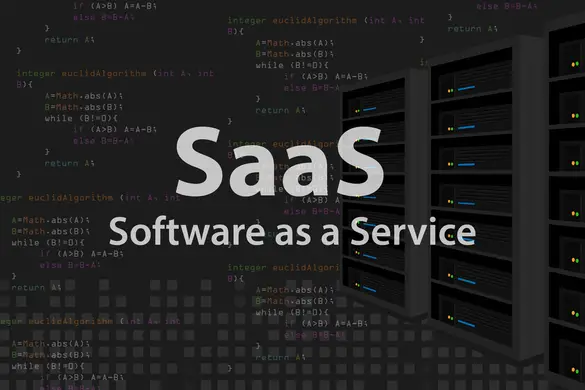
Over 100 million business startups are launched around the world each year, which works out at roughly three new companies every second. There’s no doubt that new business owners today are entering a highly competitive world and making sure that a new business idea both fits in with but stands out from the existing market is crucial. The revenue that your business generates and the profits that it makes will depend on your understanding of the economic value of the service or product you are offering before you officially launch it. Part of this involves getting the right business model in place to accurately predict revenue and provide you with the option to revalue and remodel your business plans if the outcome is not what you expected. For example, there are many agile business model benefits. Here are some factors to keep in mind when choosing the right business model for your SaaS startup.
Your Customers:
When choosing the right business model, your customers should be the first and main factor to keep in mind. It’s always a better idea to choose a business model that will add value to your customer by thinking of their needs and how they prefer to buy, rather than simply going for the model that is likely to be the most profitable. Before selecting the business model for your startup, consider who your customer is and segment them from the rest of the population based on various demographics, buying patterns, problems that your service will solve, and more. This will help you with choosing the best fit in terms of business model and defining the qualities and characteristics of your intended customers.
Your Value Proposition:
Your value proposition is the tangible benefits that you promise your customer will receive when they sign up for your SaaS business. This answers the basic question of how you are solving your customer’s problems. For example, Google’s value proposition is to simplify using the internet by offering algorithms that allow people to search for anything that they want. Your business model should be based on the capitalization of your value proposition, or how your customer is going to benefit from what you offer while your business earns profits.
Scalability:
The scalability of your business is another important factor to consider, especially when building a SaaS company. Scalability refers to a business’s ability to handle the market’s increasing demands in a way that increases both sales volume and profit margin. While scalability is only usually something that businesses begin to think about after the company becomes profitable, it should always be included in their vision for the future right from the start. Learn how to build business credit for scalability, then consider scalability when choosing a business model for your SaaS company will impact your chance of success and growth in the future.
Cost:
Both non-monetary and monetary costs should have an important role to play when you are defining the business model for your SaaS startup. For example, if you have high costs to run your business and provide the service but cannot afford to charge enough to end customers, a business model that includes strategic relationships could be useful in helping you overcome these limitations. When considering costs, it’s also important to think about the market potential and the competitive landscape; not just currently but also in terms of how things are expected to change in the future. To help you better understand your landscape, map your competitive position within your industry. Consider what your future costs might be if you are getting into a market that does not have a lot of customers or potential to grow, for example.
Maintenance:
You should also consider software maintenance and updates when determining the best SaaS business model for your needs. SaaS platforms must consistently provide small, frequent updates to their offerings to maintain high customer retention. Additionally, there are many predictive marketing customer retention advantages. These frequent updates serve many purposes, such as protecting sensitive customer information from hackers or other software vulnerabilities. Crucial updates like this can be pushed whenever they are needed due to the in-house hosting of most SaaS companies. In-house hosting also allows these providers to release new features, or enhance existing ones. When combined with strong consumer feedback, these features enable SaaS business models to quickly respond to their customer base’s needs.
When it comes to starting your SaaS company, picking the right model from the start is a critical step for business success. Keep these factors in mind to choose a business model that works best for you.
 Business First Family Business, Accounting, Finance, Investing, Marketing And Management
Business First Family Business, Accounting, Finance, Investing, Marketing And Management